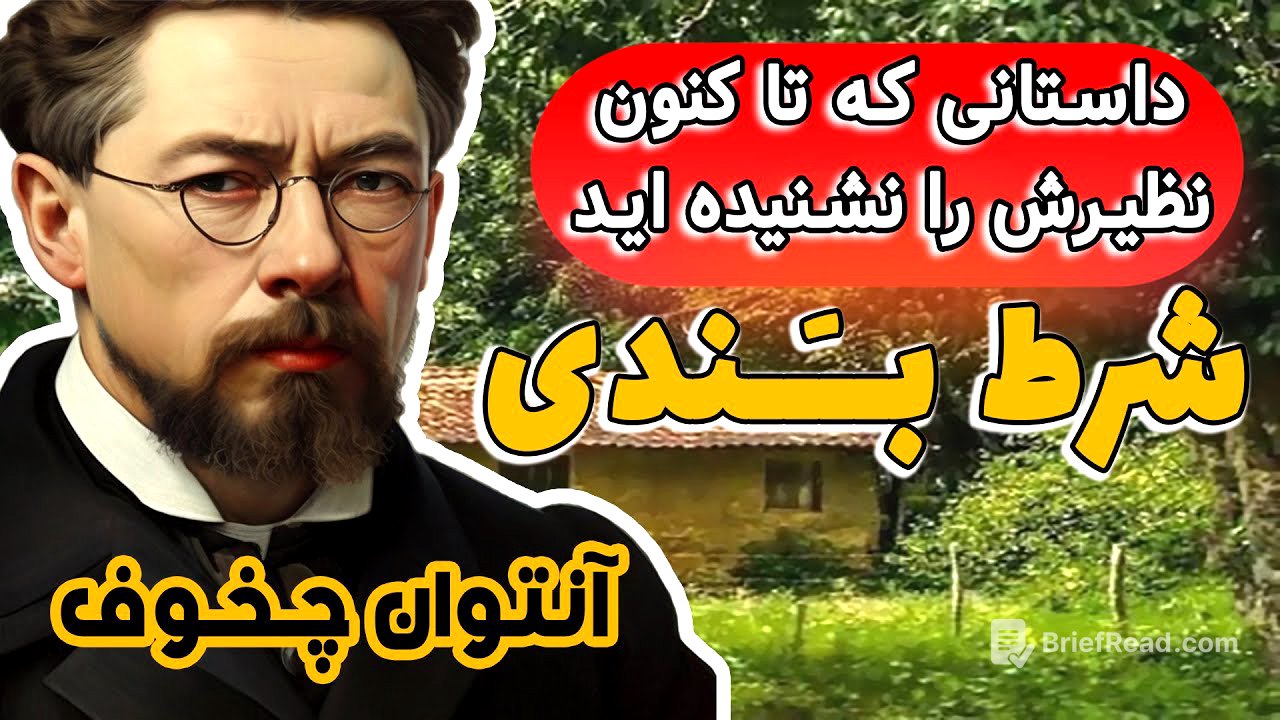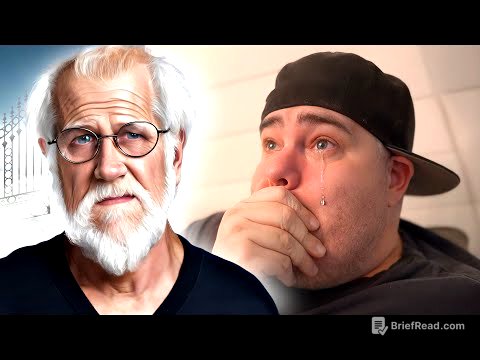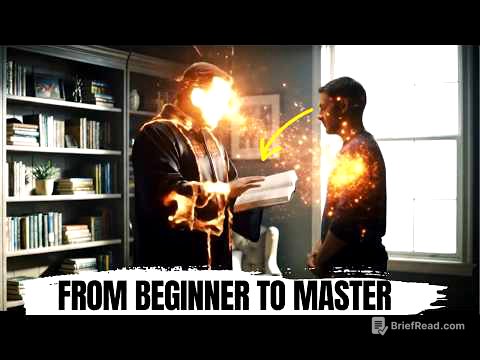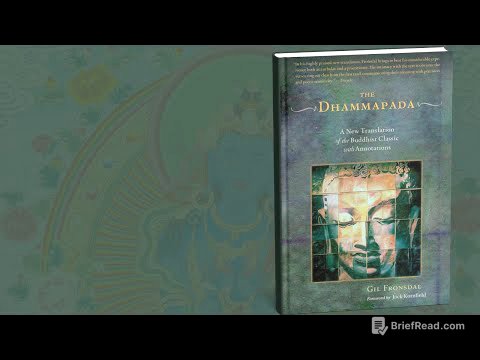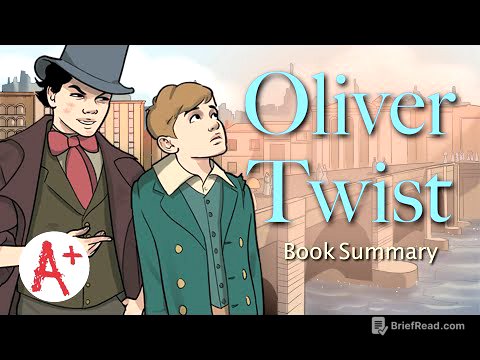TLDR;
This story, "The Bet" by Anton Chekhov, explores the meaning of life, freedom, and material wealth through a bet between a banker and a young lawyer. The lawyer agrees to spend 15 years in solitary confinement in exchange for 2 million. Over the years, the lawyer undergoes a profound transformation through reading and learning, ultimately renouncing material wealth and freedom. The banker, facing financial ruin, contemplates killing the lawyer to avoid paying the bet but is ultimately moved by the lawyer's letter and change of heart.
- A banker and a lawyer make a bet on whether the death penalty or life imprisonment is more humane.
- The lawyer spends 15 years in solitary confinement, during which he immerses himself in books and knowledge.
- The banker faces financial ruin and contemplates killing the lawyer to avoid paying the bet.
- The lawyer, on the verge of winning the bet, renounces the money and escapes five minutes before the deadline, proving his disdain for material wealth and the superficiality of worldly knowledge.
The Initial Bet [0:43]
During a dark autumn night, an old banker recalls a party from 15 years prior where the topic of the death penalty arose. Most guests, including scholars and journalists, opposed it, favoring life imprisonment. The host, the banker, argued that the death penalty was more humane as it killed instantly, while life imprisonment slowly destroyed a person. A 25-year-old lawyer present countered that both were immoral but chose life imprisonment if forced to choose. The banker, in a fit of passion, bet the lawyer 2 million that he couldn't last five years in solitary confinement. The lawyer countered, betting he could last 15 years. The banker jokingly warned the lawyer of the difficulties of voluntary imprisonment, highlighting the constant temptation of freedom.
Terms of Imprisonment [6:04]
The lawyer was imprisoned in a garden corner of the banker's house under strict conditions. He was deprived of human contact, letters, and newspapers but allowed musical instruments, books, writing materials, drinks, and smoking. Communication with the outside world was limited to a small window. He could request supplies via notes through the window. The imprisonment was set from November 14, 1870, to November 14, 1885. Any violation, even minutes before the deadline, would void the bet.
The Lawyer's Transformation [7:53]
During the first year, the lawyer suffered from loneliness, playing the piano constantly. He rejected alcohol and drugs, believing they aroused desires that were enemies to a prisoner. He requested simple books, romance novels, and comedies. In the second year, the piano was silent, and the lawyer only asked for wine, spending his time eating, drinking, and lying in bed, often yawning and talking to himself. By the sixth year, he enthusiastically studied philosophy and history, requesting around 600 volumes in four years. Later, he wrote a message in six languages, asking for a gunshot in the garden if no mistakes were found, signifying his efforts weren't in vain. After the tenth year, he spent nearly a year reading only the New Testament Bible, followed by books on religion and theology. In the final two years, he read a wide range of unrelated subjects, from natural sciences to Shakespeare, grasping at knowledge as if trying to save his life.
Banker's Despair [12:34]
The banker remembered the bet and realized he would be ruined if he had to pay the 2 million. His financial situation had deteriorated due to risky investments. He lamented the lawyer's potential future happiness with the money, while he would be left in regret. He considered the lawyer's death as the only way to escape his brokenness and dishonor.
The Banker's Intrusion [14:52]
The banker, late at night, retrieved the key to the prisoner's room and ventured into the dark, rainy garden. He found the guard absent and entered the room. He found the lawyer, a mere skeleton of his former self, sitting motionless at a table with a letter in front of him. The banker planned to kill the lawyer and stage it as a natural death to avoid paying the bet.
The Lawyer's Renunciation [20:33]
The banker read the lawyer's letter, which declared his renunciation of freedom, life, health, and all worldly blessings. The lawyer explained that through books, he had experienced all aspects of life and gained wisdom, but now despised them as useless, unstable, deceptive, and like a mirage. To prove his disdain, he would leave five minutes before the deadline, forfeiting the 2 million.
The Aftermath [27:10]
The banker, moved to tears, left the room without committing the murder. He felt immense shame and regret. The next day, the guard reported that the lawyer had escaped. The banker confirmed the escape and hid the lawyer's letter to prevent rumors, relieved to be free from the obligation of the bet.
